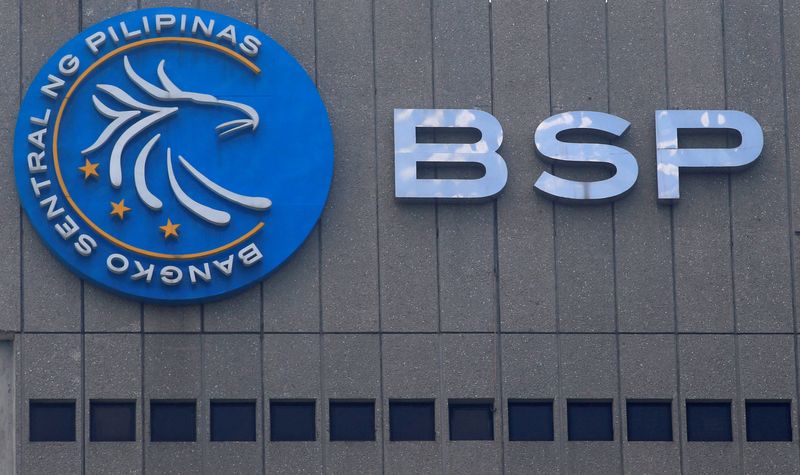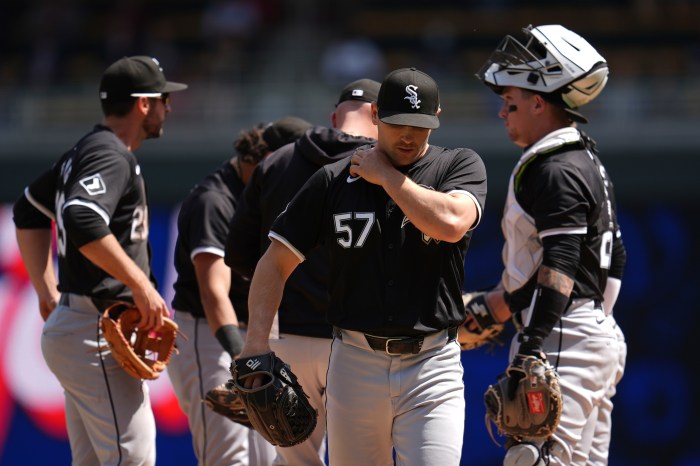MANILA (Reuters) -The Philippine central bank left key interest rates unchanged for a 10th consecutive policy meeting on Thursday, reaffirming continued support for the economy as officials warned of risks that could derail the global recovery.
The Bangko Sentral ng Pilipinas (BSP) kept the rate on the overnight reverse repurchase facility at a record low 2.0%, as expected by all 21 economists in a Reuters poll.
The interest rates on the overnight deposit and lending facilities were also kept at 1.5% and 2.5%, respectively.
“The monetary board deems it prudent to maintain the BSP’s accommodative policy stance given a manageable inflation environment and emerging uncertainty surrounding domestic and global growth prospects,” BSP Governor Benjamin Diokno said in a joint media and analysts’ briefing.
Last week, he said the BSP would not necessarily follow the U.S. Federal Reserve, which has signalled it may start raising interest rates in March to tackle inflation.
The BSP will wait until the end of the year before raising rates, a Feb. 1-14 Reuters poll found, in line with Diokno’s view that monetary policy would remain accommodative as long as required to underpin growth.
On Thursday, Diokno said the economy’s recovery was gaining further traction, but elevated global commodity prices, heightened geopolitical tensions, and the uneven pace of COVID-19 vaccinations across countries could dampen the growth outlook.
Some economists, however, believe a BSP rate hike could come as early as by the end of the second quarter.
“BSP can keep rates unchanged for now but the window for accommodation is closing fast,” said ING senior economist Nicholas Mapa, citing emerging inflationary pressures.
The increased volatility in global oil prices warrants close monitoring and potential “second-round effects” on inflation should be averted with appropriate intervention measures, the BSP said.
The BSP expects inflation to average 3.7% in 2022, and 3.3% in 2023, within the 2%-4% target range but slightly higher than previous forecasts.
“There is enough headroom for continued accommodative monetary policy in the near term, with possible normalisation to begin towards the second half of 2022,” BSP Deputy Governor Francisco Dakila said during the same briefing.
But given what Diokno described as stronger signs of recovery in output growth and labour market conditions and improvements in domestic financial markets, he said the BSP was now crafting an exit strategy.
“The BSP will continue to carefully develop its plans for the eventual normalization of its extraordinary liquidity measures when conditions warrant,” he said.
(Reporting by Neil Jerome Morales and Enrico Dela Cruz; Editing by Martin Petty and Kim Coghill)



















